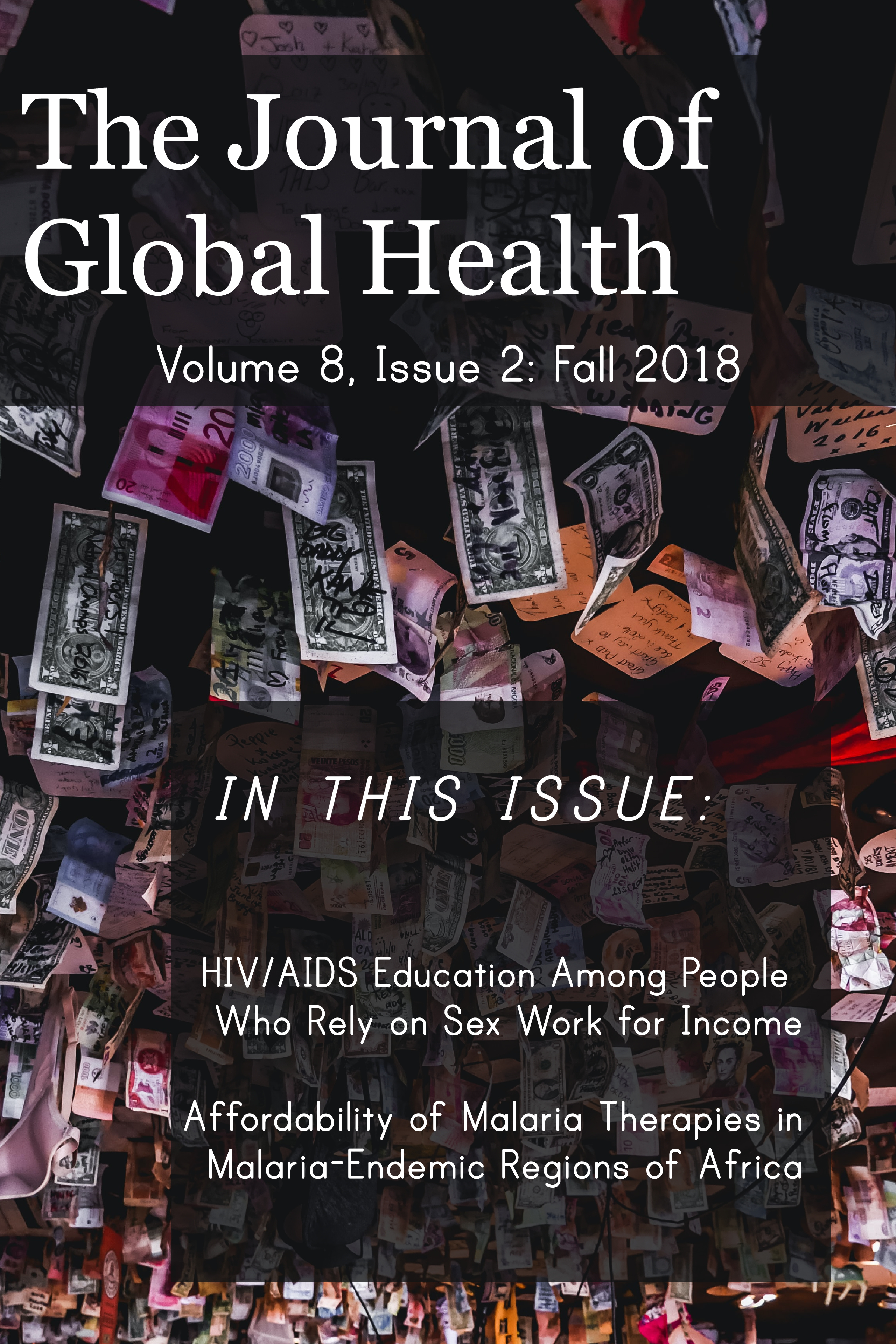Parenting Styles, Academic Demands and Children’s Psychosocial Well-being: Why Today’s Hong Kong Chinese Students Are So Stressed
Main Article Content
Abstract
In Hong Kong, suicides and other experiences of psychosocial challenges among youths have become increasing social concerns. Existing literature suggests that authoritarian parenting practices, including the high degree of parental strictness and lower provision of autonomy for school-aged children, worsen the psychosocial well-being among children.1,2 Hong Kong parents emphasize the importance of traditional Confucian values, which notably necessitate children’s academic excellence, as well as conformity with parental expectations and control. This article evaluates existing studies and examines the relationships between authoritarian parenting practices and children’s psychosocial well-being. This article also addresses autonomy-granting parenting approaches, an emerging parenting style in Hong Kong, as an alternative parenting approach, and studies the relationships between such approaches and children’s psychosocial development. The present article suggests measures, in accordance with evaluated findings, for adjusting parental practices within Hong Kong Chinese families for the purpose of improving children’s psychosocial well-being.
Article Details

This work is licensed under a Creative Commons Attribution 4.0 International License.

